CMS vs. DXP: Understanding the Difference for Modern Businesses

Introduction
Businesses today are constantly striving to deliver engaging online experiences to their audiences. With an overwhelming number of tools available, choosing the right digital platform for content management and enhancing digital presence can be a challenge. Two prominent solutions dominate this space: Content Management Systems (CMS) and Digital Experience Platforms (DXP).
While both serve as critical tools in the digital space, they address different needs and use cases. In this article, we'll break down the distinctions between CMS and DXP, explain their ideal applications, and help you make an informed decision for your business.
What is a CMS?
A Content Management System (CMS) is a software tool that enables businesses to create, manage, and publish digital assets, primarily for websites. CMS platforms provide a user-friendly interface that simplifies content editing and organization without requiring deep technical expertise.
Core Purpose of a CMS
At its core, a CMS focuses on:
Content Creation and Management: From blogs to web pages, a CMS simplifies the process of publishing content.
Basic Website Management: Manage site structure, navigation, and media with ease.
User Permissions: Allow different levels of access (e.g., editors, admins) to manage workflows securely.
Key Features of a CMS
WYSIWYG Editors: Intuitive editors for creating and formatting content.
Templates and Themes: Prebuilt designs to get websites up and running quickly.
SEO Tools: Features to optimize content for search engines.
Plugins and Extensions: Add-ons to expand functionalities.
Common Use Cases
A CMS is ideal for businesses and individuals who want to:
Launch and manage a blog or news website.
Build simple company websites.
Publish content frequently with minimal technical involvement.
Examples of CMS Platforms
Some of the most popular CMS solutions include WordPress, Joomla, and modern headless solutions like Orbitype, which offer greater flexibility for content delivery and optimizing customer engagement.
What is a DXP?
A Digital Experience Platform (DXP) goes beyond content management to deliver personalized, multichannel experiences across an audience's entire digital journey. DXPs integrate tools that allow businesses to connect content, analytics, and customer data, ensuring a cohesive and engaging experience across all digital touchpoints.
Core Purpose of a DXP
A DXP focuses on:
Omnichannel Delivery: Distribute content seamlessly across web, mobile, IoT devices, and social platforms.
Personalization: Use Machine Learning and data to tailor content and experiences to specific audiences.
Integration: Connect with CRMs, analytics tools, marketing platforms, and more.
Key Features of a DXP
Advanced Personalization: Deliver targeted content based on user behavior and preferences.
Customer Journey Management: Analyze and optimize the customer experience across all touchpoints.
Data-Driven Insights: Built-in analytics to measure content and campaign performance.
Automation and Scalability: Tools to automate workflows and scale operations efficiently.
Common Use Cases
Businesses turn to DXPs when they need to:
Deliver personalized experiences to diverse audience segments.
Manage content across multiple digital channels and devices.
Integrate customer data for better customer service and marketing strategies.
Support large-scale enterprise operations with advanced tools.
Examples of DXP Platforms
Notable DXP providers include Sitecore, Adobe Experience Manager (AEM), and SAP Commerce Cloud.
Key Differences Between CMS and DXP
Understanding the differences between CMS and DXP is critical for aligning your business goals with the right solution.
Primary Purpose: A CMS is designed for managing and publishing content on websites, while a DXP delivers an integrated, personalized digital experience across multiple channels.
Channels: CMS platforms primarily manage single-channel delivery, usually for websites. DXPs enable omnichannel delivery, including websites, mobile apps, IoT, and social media platforms.
Personalization: CMS platforms offer limited personalization options, while DXPs use data and analytics to deliver highly targeted and tailored online experiences.
Integration: CMS platforms provide basic integrations, such as plugins and add-ons, for extending functionality. DXPs seamlessly integrate with CRMs, analytics tools, and email marketing platforms.
User Focus: CMS solutions are built primarily for content creators and editors, whereas DXPs are tailored for developers, marketers, and business analysts.
Scalability: CMS platforms are ideal for small to mid-sized projects with moderate scalability. DXPs offer robust scalability to support enterprise-level growth and complex operations.
Headless CMS: Bridging the Gap
For businesses seeking a balance between CMS simplicity and DXP capabilities, Headless CMS solutions like Orbitype offer the perfect middle ground.
What is a Headless CMS?
A headless CMS separates the content creation backend from the frontend presentation layer, enabling content to be delivered anywhere—websites, apps, or IoT devices. It provides flexibility without the constraints of traditional CMS platforms.
Benefits of a Headless CMS
Omnichannel Content Delivery: Like DXPs, headless CMS platforms can push content to multiple platforms seamlessly.
Developer Flexibility: Use modern frameworks (React, Vue, Angular) to create unique experiences.
Scalable and Agile: Suitable for businesses aiming to grow without being tied to one system.
With tools like Orbitype, businesses can manage their content efficiently while still supporting multichannel experiences.
Conclusion: Staying Ahead With AI and Automation
Choosing between a CMS and a DXP comes down to your business size, goals, and budget:
Choose a CMS if you need a cost-effective, user-friendly tool for website content management.
Choose a DXP if you aim to deliver personalized, data-driven experiences across multiple platforms.
Explore Headless CMS solutions like Orbitype if you want flexibility, scalability, and omnichannel capabilities without the complexity of a full DXP.
By assessing your current needs and future goals, you can identify the platform that offers the best fit. Whether you're building a blog, launching a comprehensive customer portal, or expanding into diverse digital channels, the right platform can transform how your business engages with its audience and delivers value.
Read more
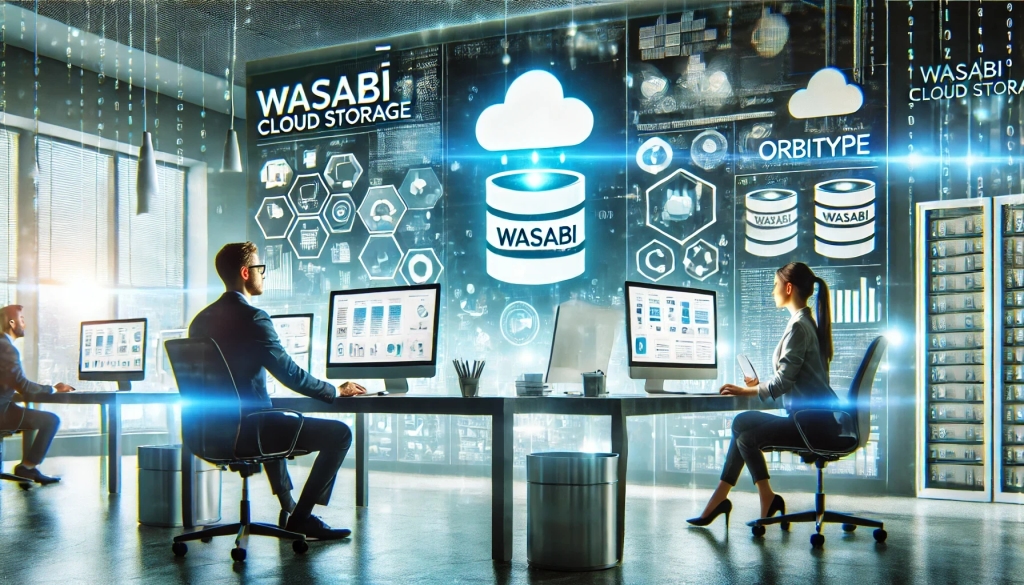
Seamless Data Management: Integrating Wasabi Cloud Storage with Orbitype
Boost your CMS performance with Wasabi Cloud Storage and Orbitype integration. Learn how this cost-effective, scalable solution enhances data management and delivers exceptional results.
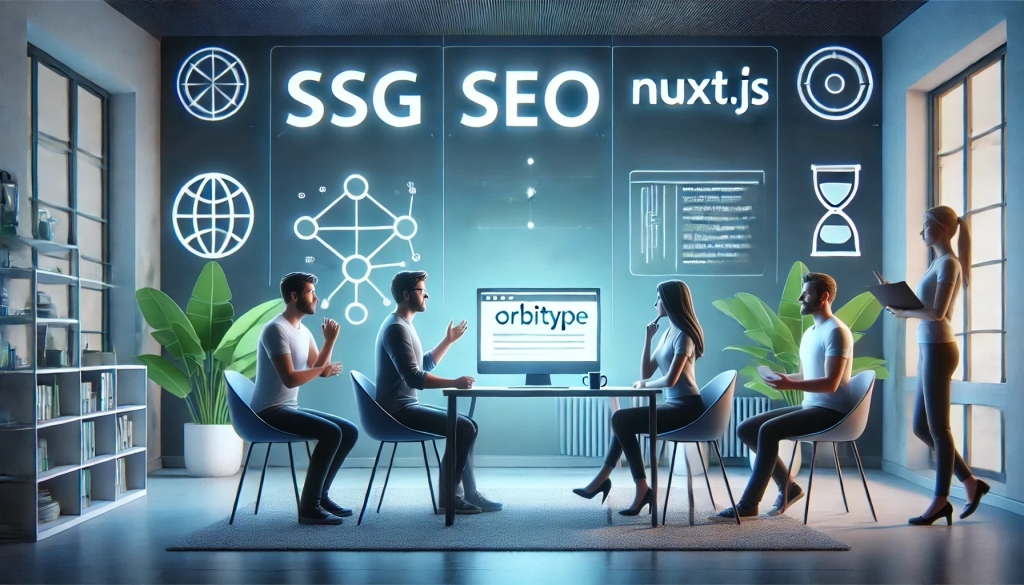
Integrating Orbitype with Nuxt.js for Optimal Performance and SEO
Leveraging Orbitype, a robust headless CMS, with Nuxt.js, a Vue.js framework, provides developers a powerful solution for building fast, SEO-optimized websites. This blog post explores how the integration of Orbitype and Nuxt.js harnesses the benefits of static site generation (SSG) and server-side rendering (SSR), thanks to Orbitype's API-driven content management system.
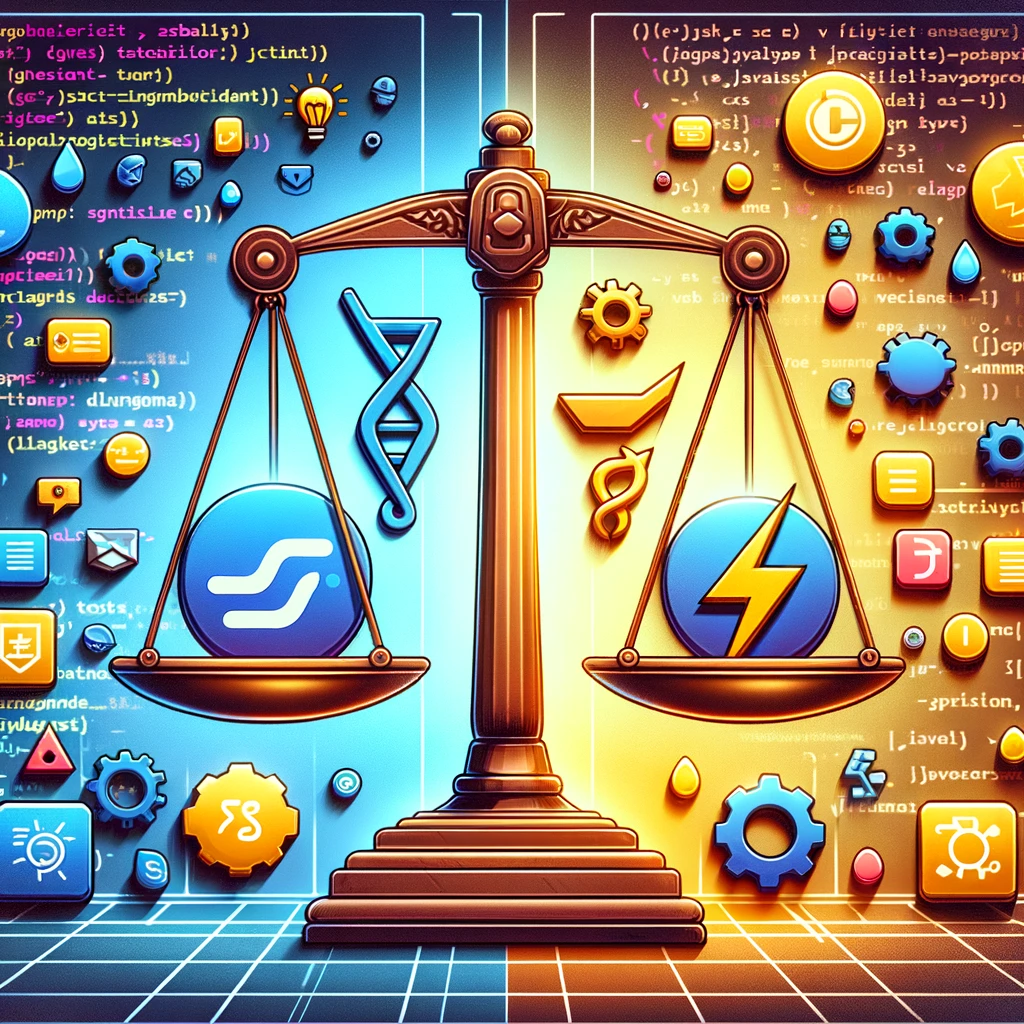
TypeScript vs. JavaScript
Discover the synergy between TypeScript and JavaScript for web development. Learn how Orbitype supports Nuxt CMS, headless CMS for Nuxt, and future-ready digital trends.
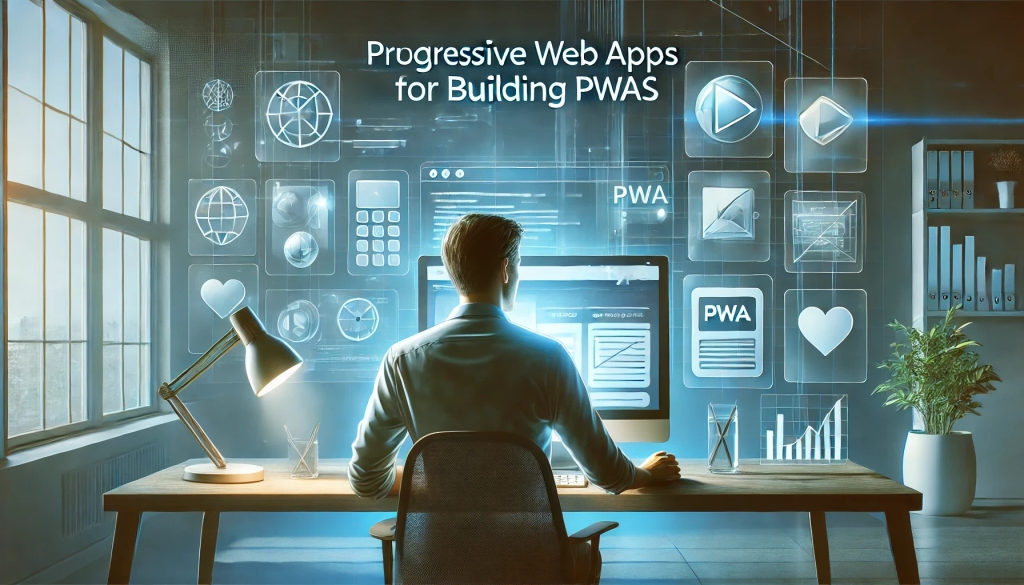
Building Progressive Web Apps (PWAs) with Orbitype
Explore how Orbitype enhances Progressive Web Apps (PWAs) with optimized performance, offline capabilities, and seamless content management for superior user experiences.
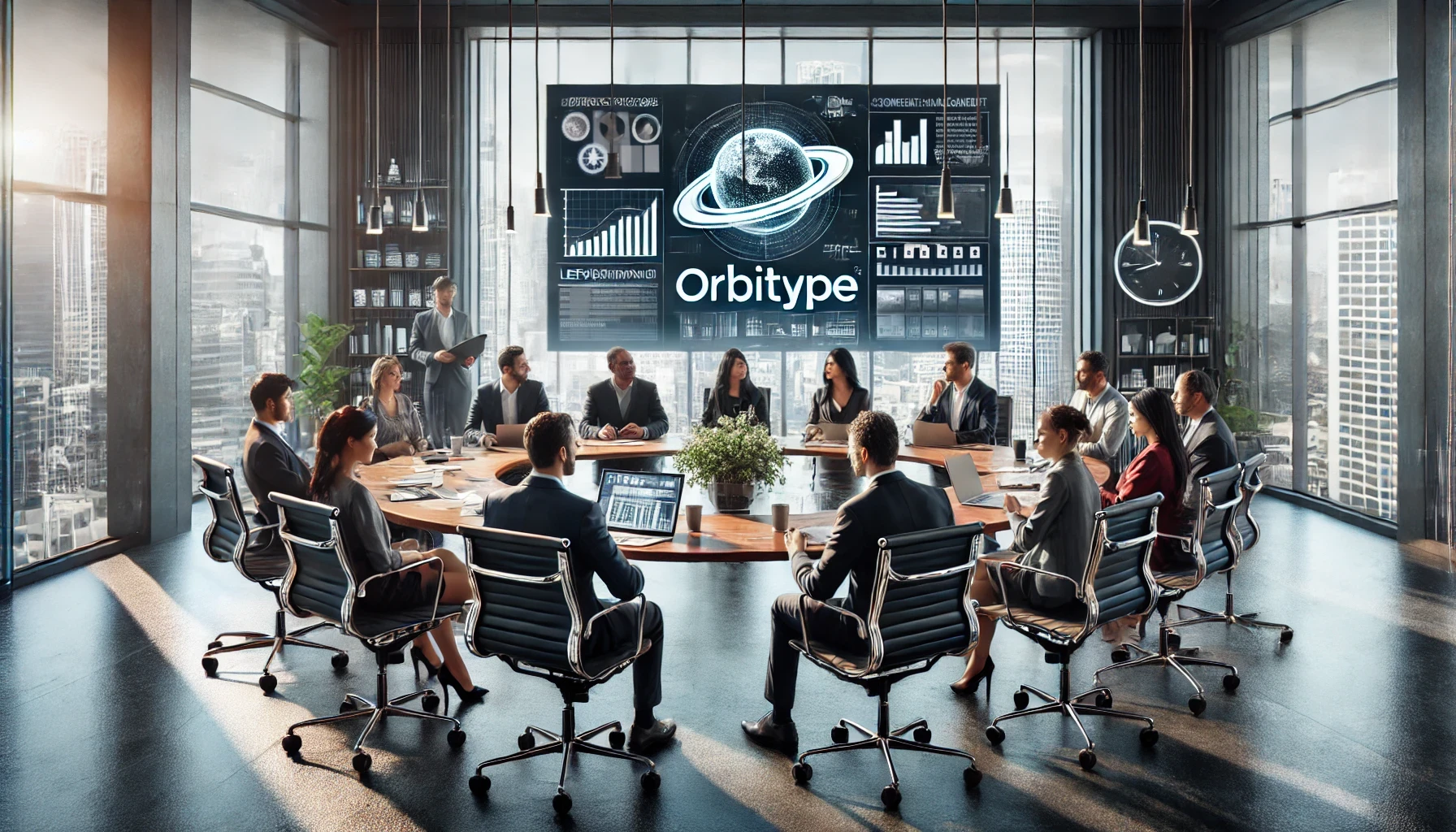
Leveraging Orbitype for Efficient Content Management in E-Commerce
nhance your e-commerce performance with Orbitype CMS. This scalable headless CMS simplifies content management, boosts SEO, and seamlessly integrates with Shopify, WooCommerce, and Magento for dynamic, flexible solutions.

Mastering Third-Party Integrations with a Headless CMS for Efficient Workflows
Streamline workflows and scale your business with seamless third-party integrations using Orbitype's flexible headless CMS—designed for efficiency, automation, and growth.
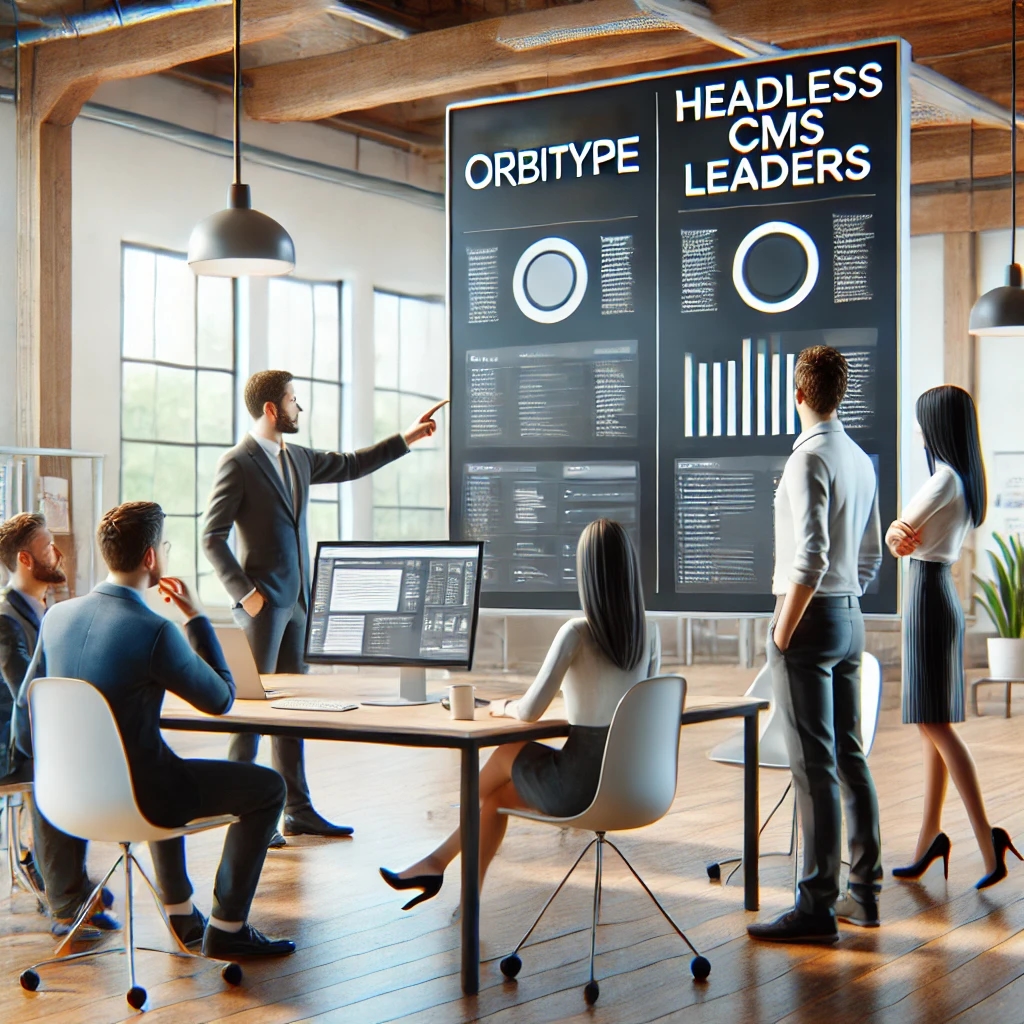
How Orbitype Compares to Headless CMS Leaders in 2025
Struggling to choose the best CMS? Discover how Orbitype compares to headless CMS leaders in 2025, solving complexity and scalability challenges with ease. Try Orbitype!
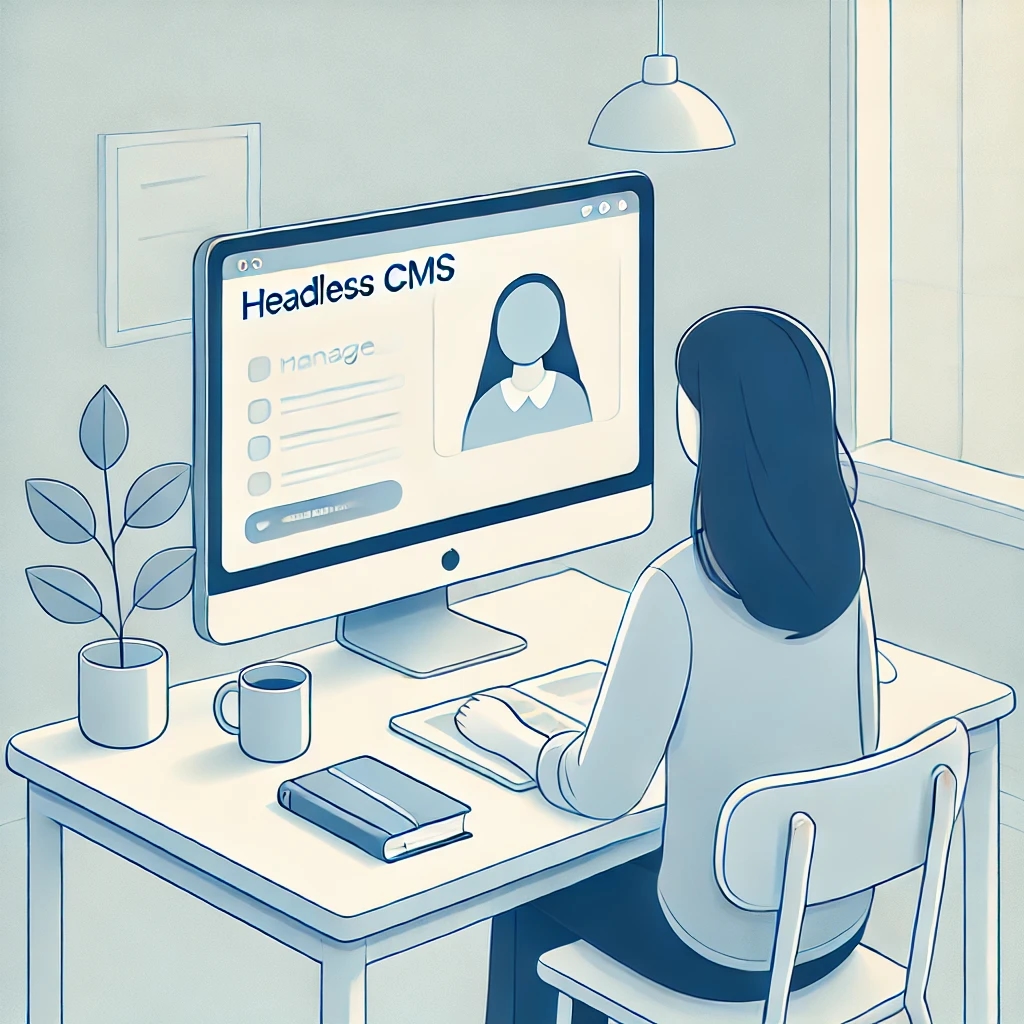
How Educational Institutions Benefit from Headless CMS for Online Learning
Enhance online learning with a Headless CMS. Discover how centralized content management, scalability, and seamless multi-channel access can transform educational platforms.
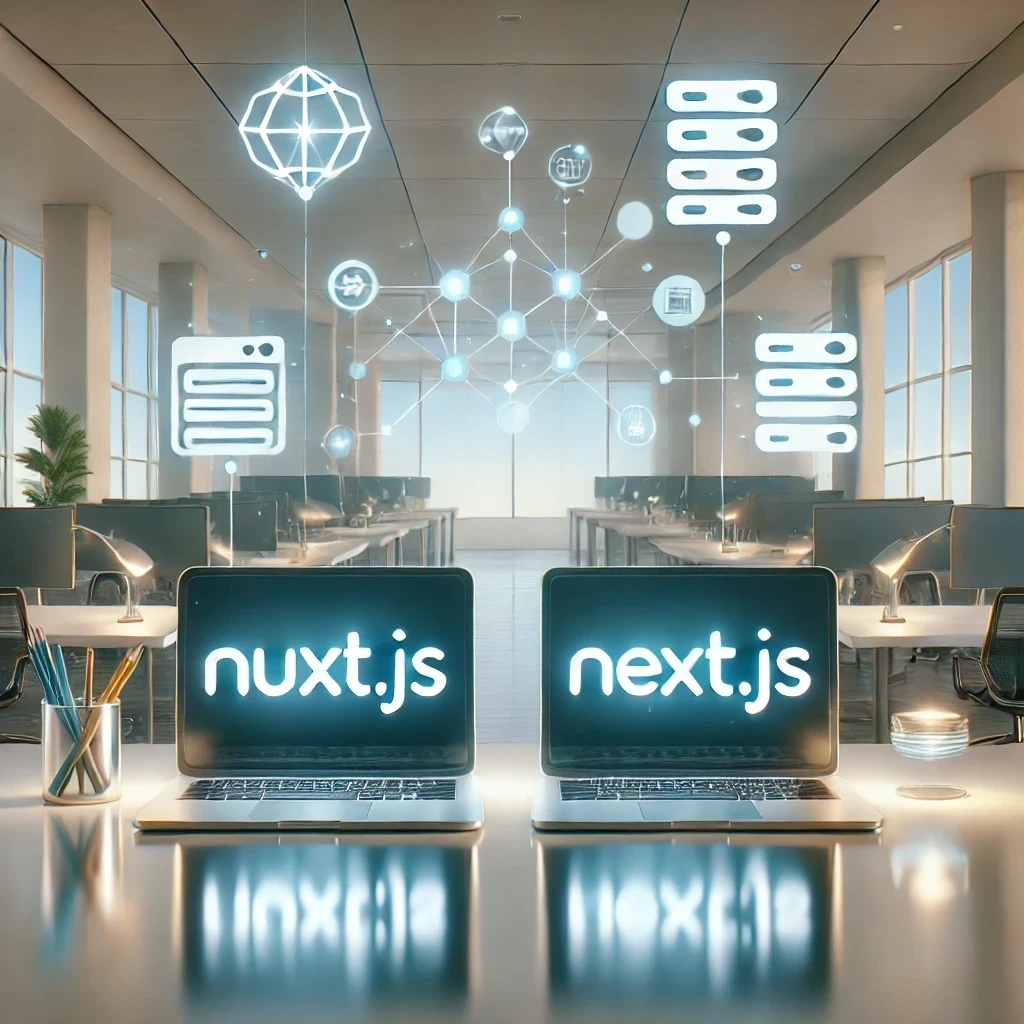
Nuxt vs Next: Which Framework Works Best with Headless CMS?
Compare Nuxt.js and Next.js to find the best frontend framework for your Headless CMS. Discover which offers better performance, scalability, and flexibility for dynamic web projects.
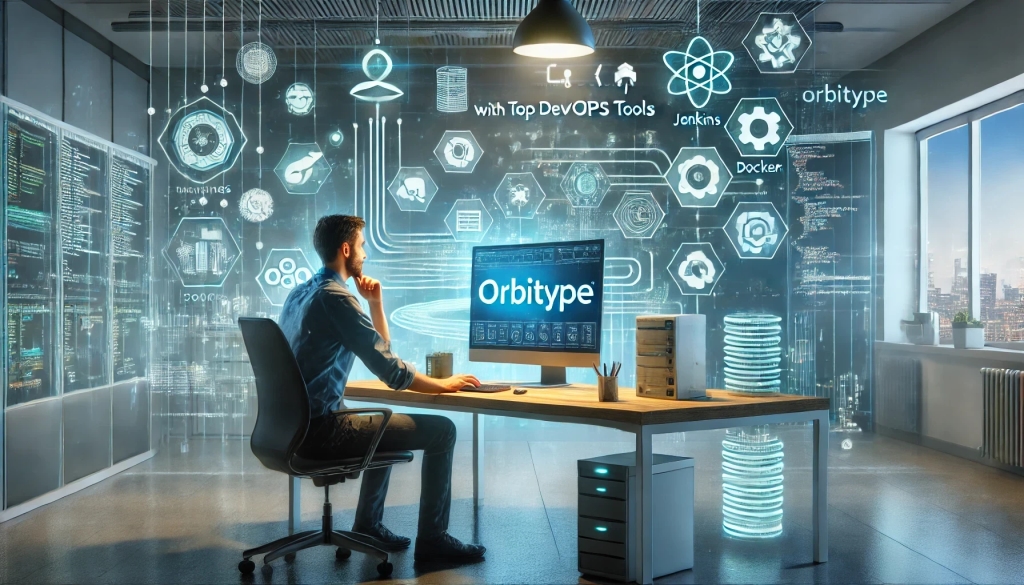
Streamlining Development: Integrating Orbitype with Top DevOps Tools
Discover how to integrate Orbitype with leading DevOps tools like Jenkins, Docker, and Kubernetes. Learn best practices for automating deployments, containerizing Orbitype, and scaling efficiently while streamlining workflows for continuous integration and delivery.
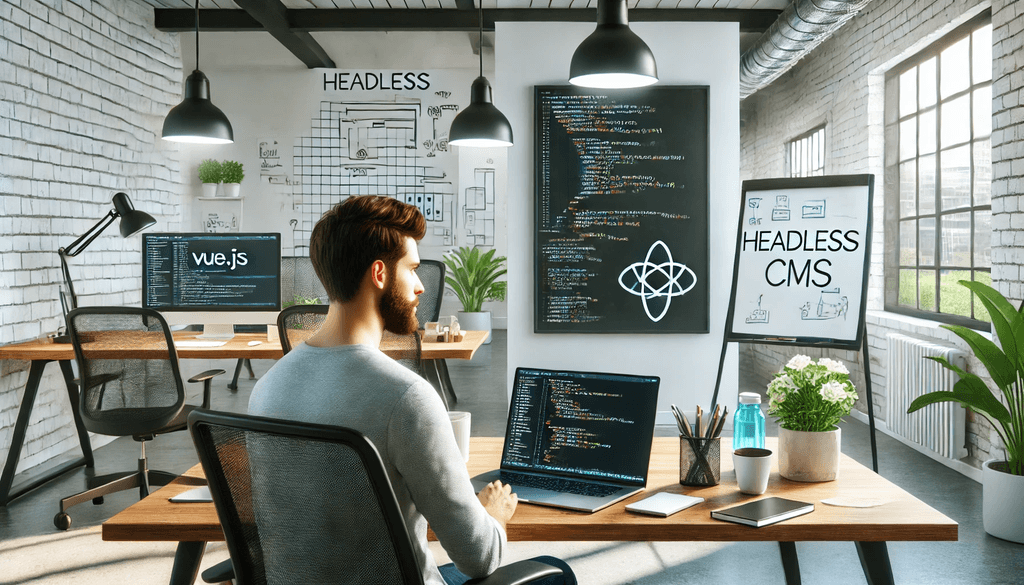
Building High-Performance Vue Apps with a Headless CMS
Discover how to optimize Vue.js apps with a Headless CMS for high performance, scalability, and SEO. Learn best practices and tools for creating dynamic web apps.

SQL or NoSQL: What's Best for Mobile Applications Using Orbitype?
Explore Orbitype, the ultimate headless CMS for React developers, offering seamless content management, enhanced performance, and flexibility to create dynamic web applications with ease. Learn how Orbitype simplifies workflows and boosts productivity.
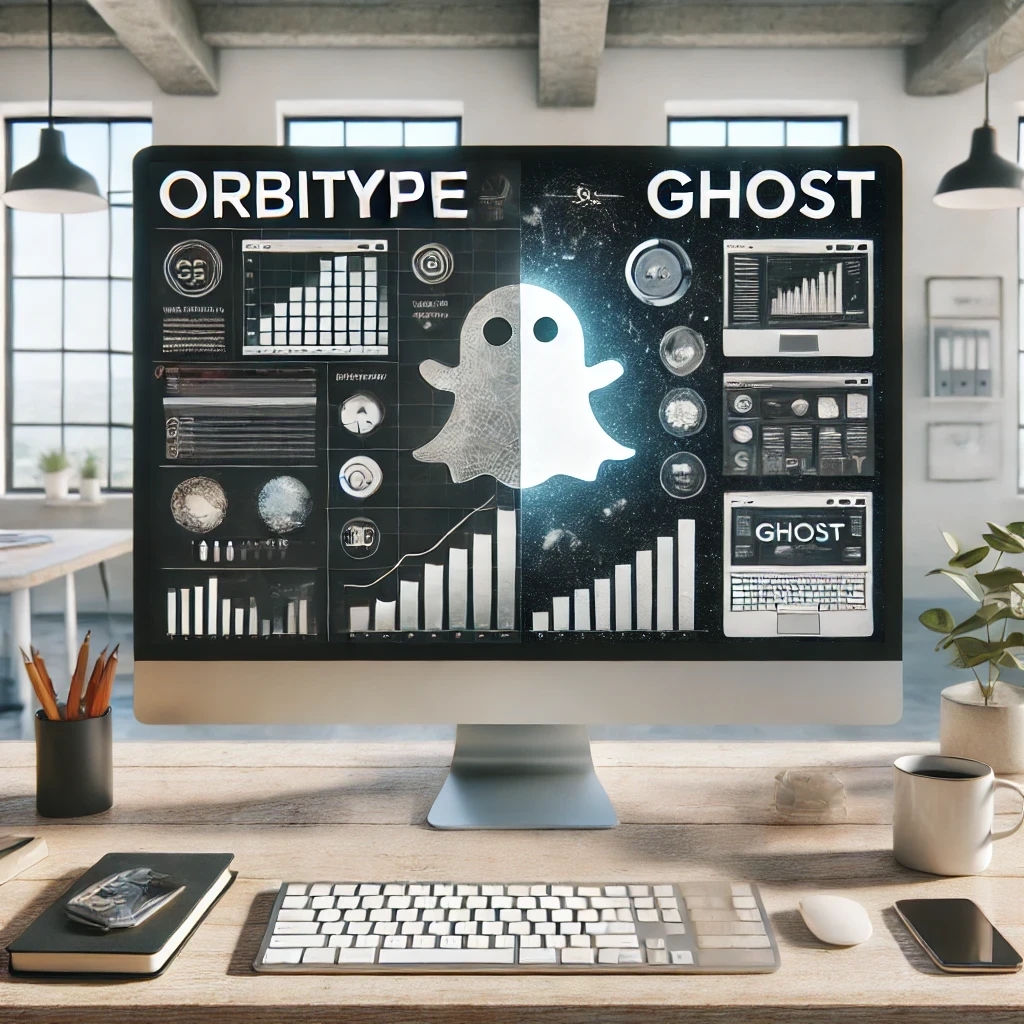
Comparing Orbitype and Ghost: Best CMS for Blogging in 2025
Compare Orbitype and Ghost to find the best CMS for blogging in 2025. Discover which platform suits your goals, from scalability to simplicity and dynamic content
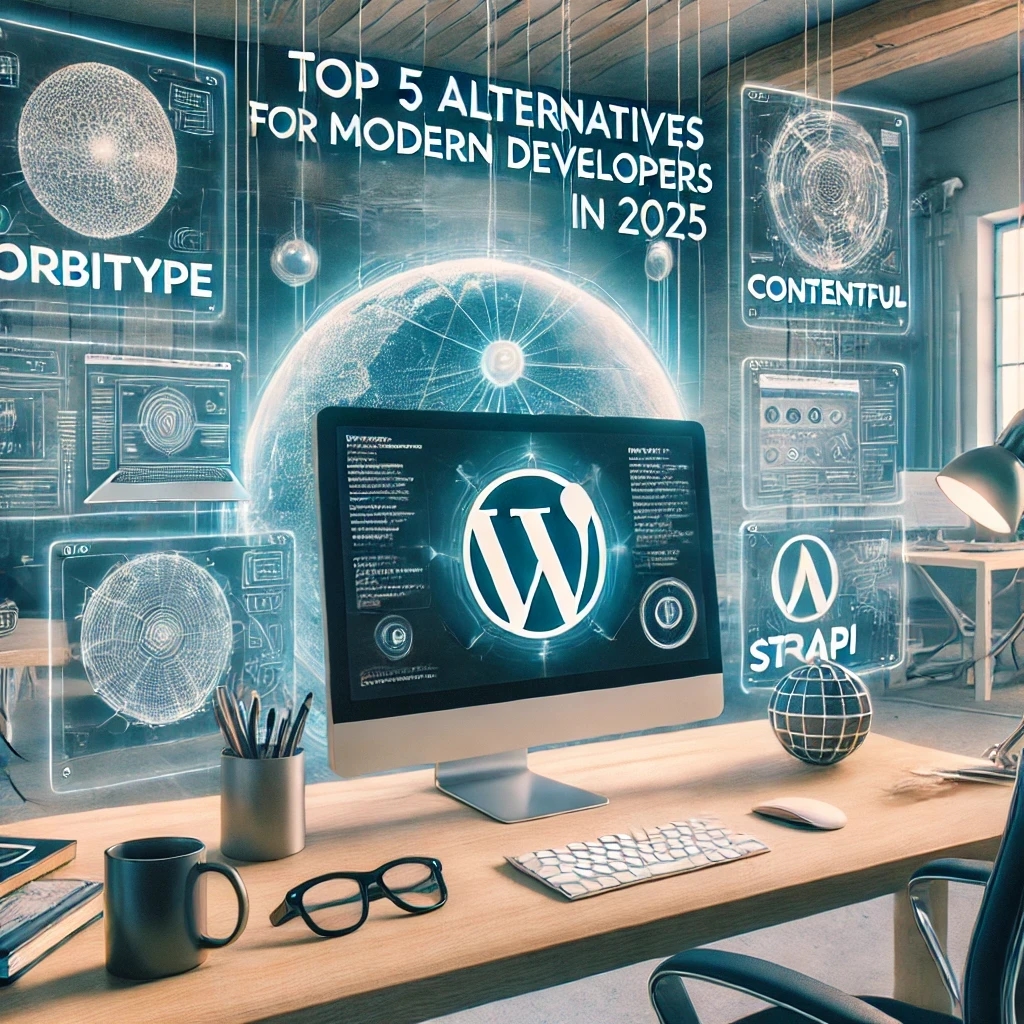
Top 5 Alternatives to WordPress for Modern Developers in 2025
Discover the top WordPress alternatives for 2025, including Orbitype, Contentful, and Strapi. Explore modern CMS platforms offering scalability, flexibility, and cutting-edge tools for developers.

Security and Compliance in Headless CMS: Focus on Orbitype
Explore headless CMS security with Orbitype: advanced authentication, data encryption, and compliance with GDPR & CCPA. Learn best practices for secure CMS operations.

10 Tips for Optimizing Core Web Vitals in Headless CMS Websites
Discover 10 actionable tips to optimize Core Web Vitals for Headless CMS websites. Improve performance, SEO, and user experience with these essential strategies.
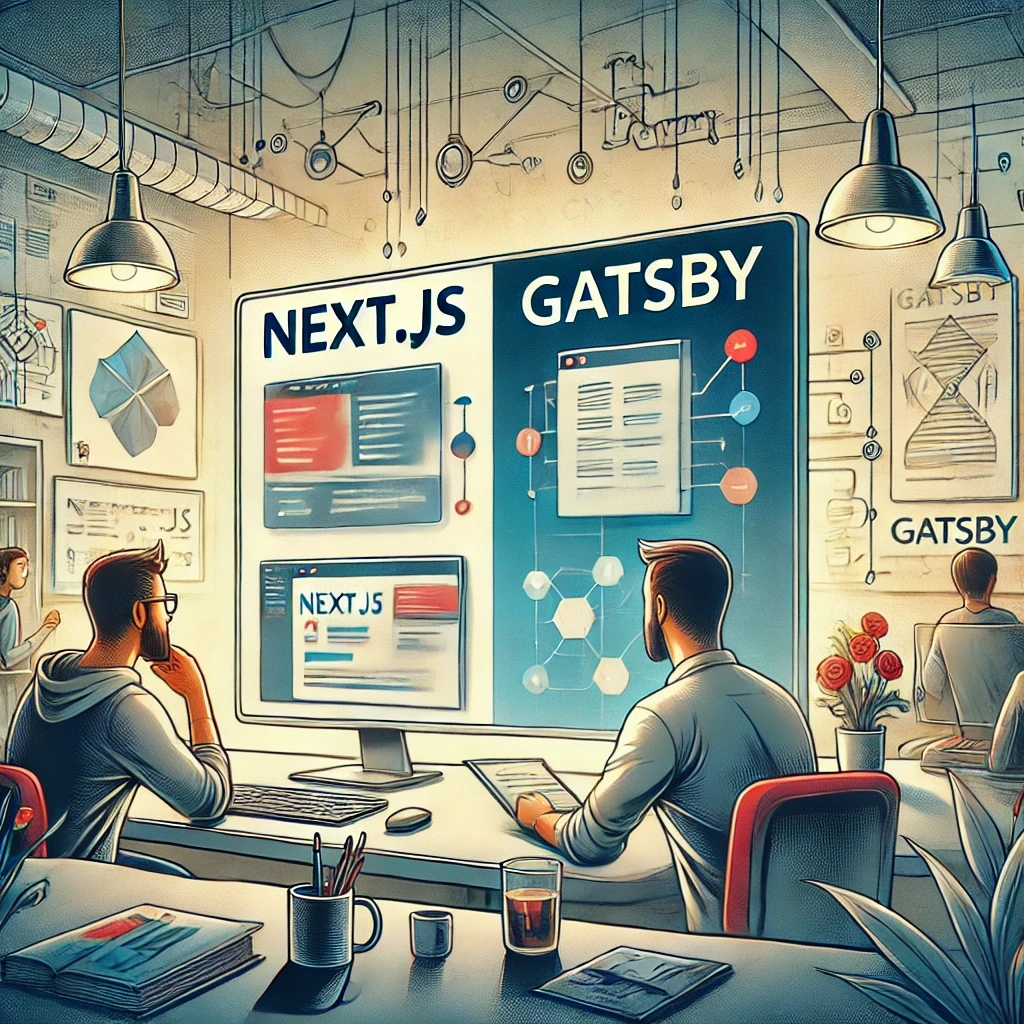
Next.js vs Gatsby: Which Works Best With a Headless CMS?
Choosing between Next.js and Gatsby can be challenging when working with a Headless CMS. This guide breaks down their strengths and helps you decide which framework works best for your dynamic or static content needs.

CMS for Vue.Js - Orbitype Headless CMS
Explore Orbitype, the best Headless CMS for Vue.js, offering seamless API integration, dynamic content management, and unmatched performance for interactive front-end development.
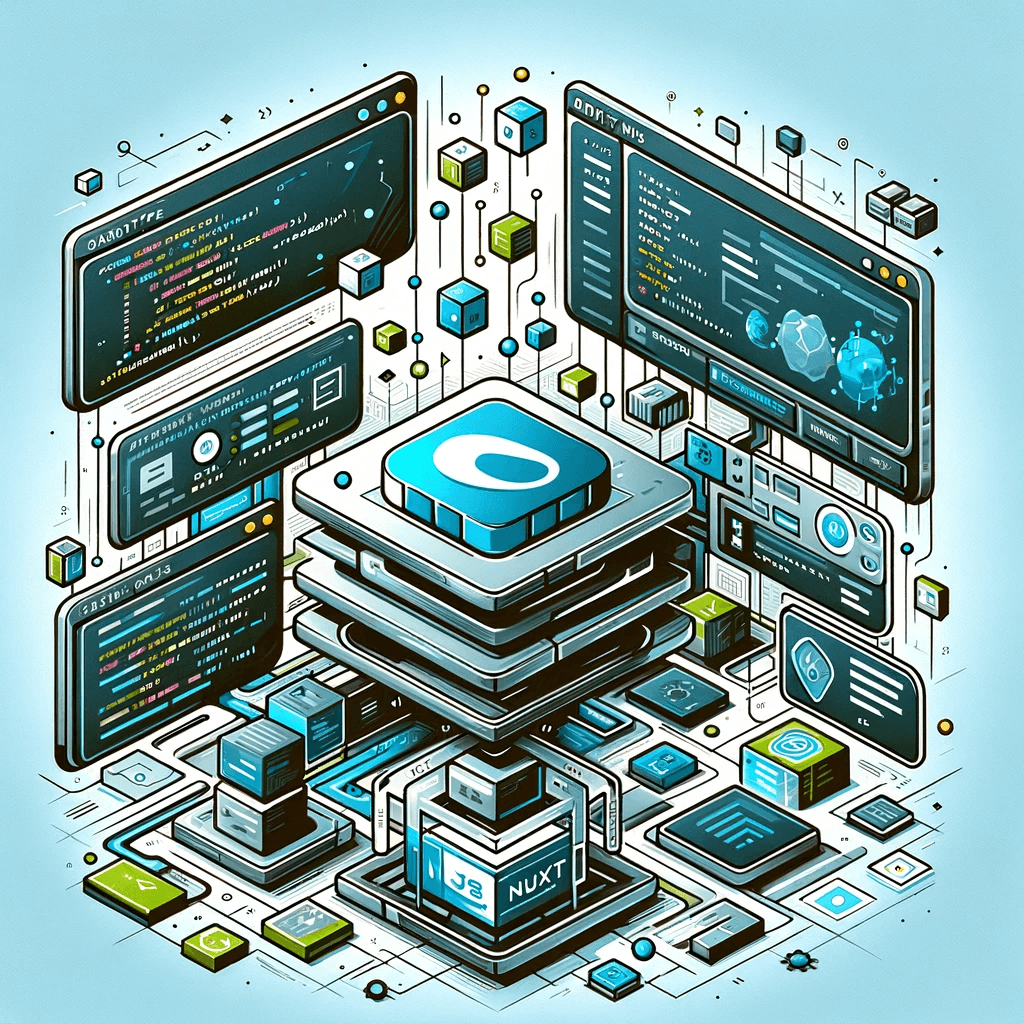
CMS for Nuxt - Orbitype Headless CMS
Optimize your Nuxt.js projects with Orbitype, the API-first Headless CMS offering scalable content management, multimedia repositories, and enhanced SEO for modern web applications.
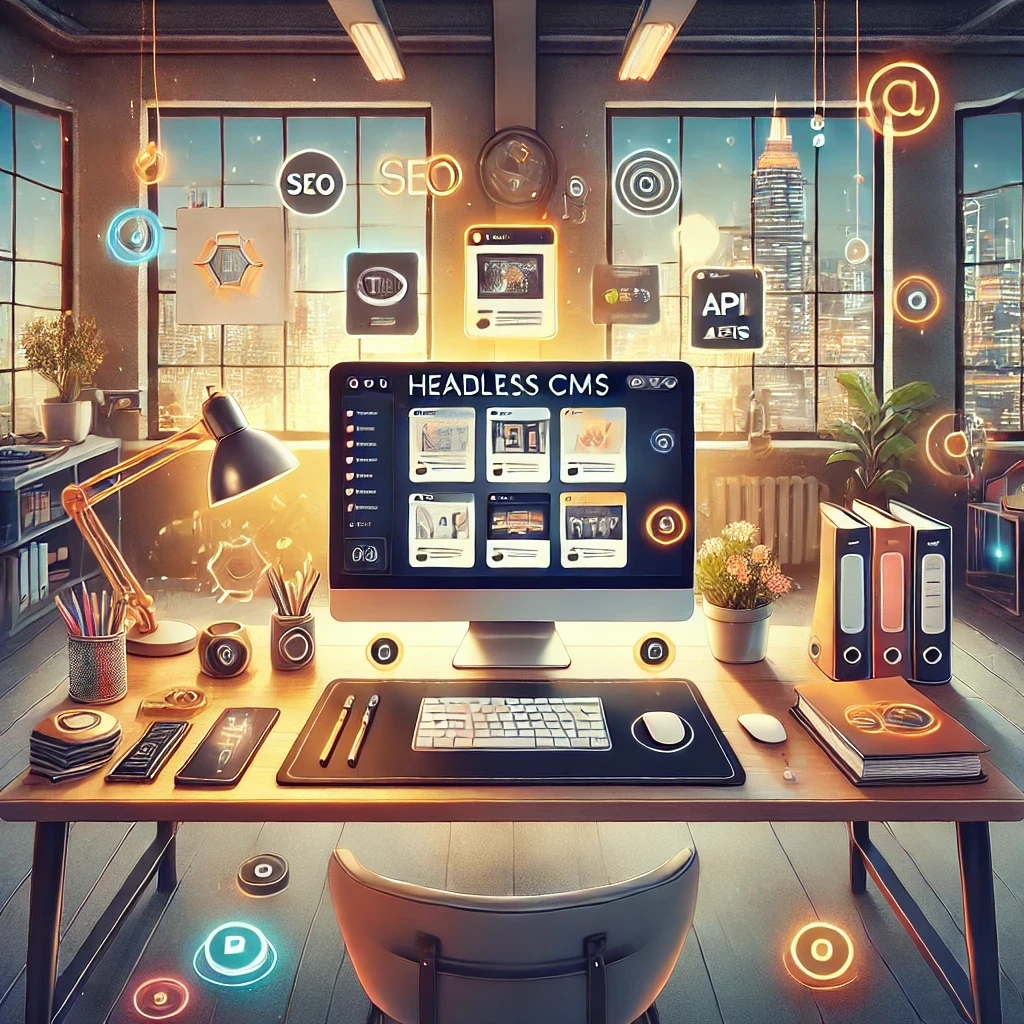
Best Headless CMS Solutions for Portfolio and Personal Websites
Showcase your work with ease using Orbitype—the ultimate Headless CMS for portfolio and personal websites. Enjoy seamless integration, powerful customization, and SEO-friendly features designed for creators and developers.
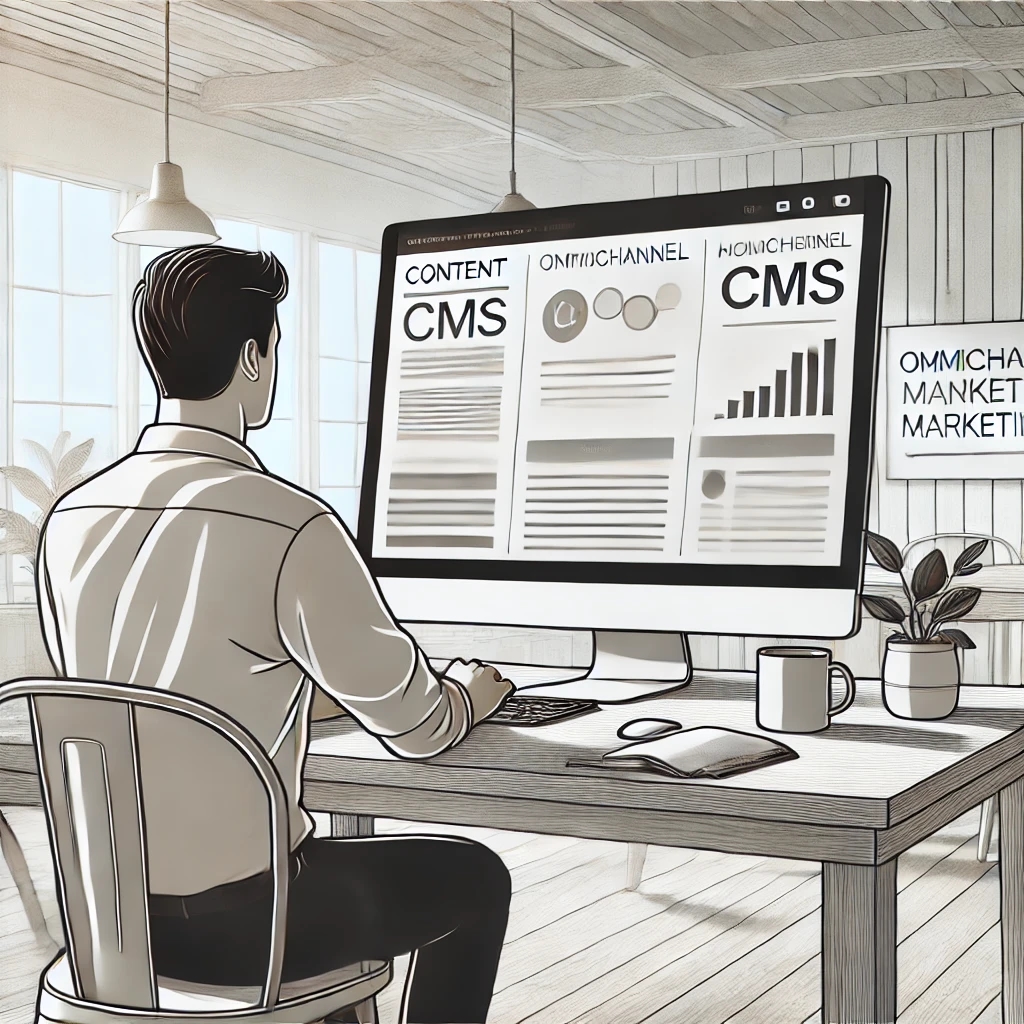
How Headless CMS Empowers Omnichannel Marketing Strategies
Boost your omnichannel marketing strategy with a Headless CMS. Centralize content management, deliver personalized customer experiences, and ensure consistency across platforms.
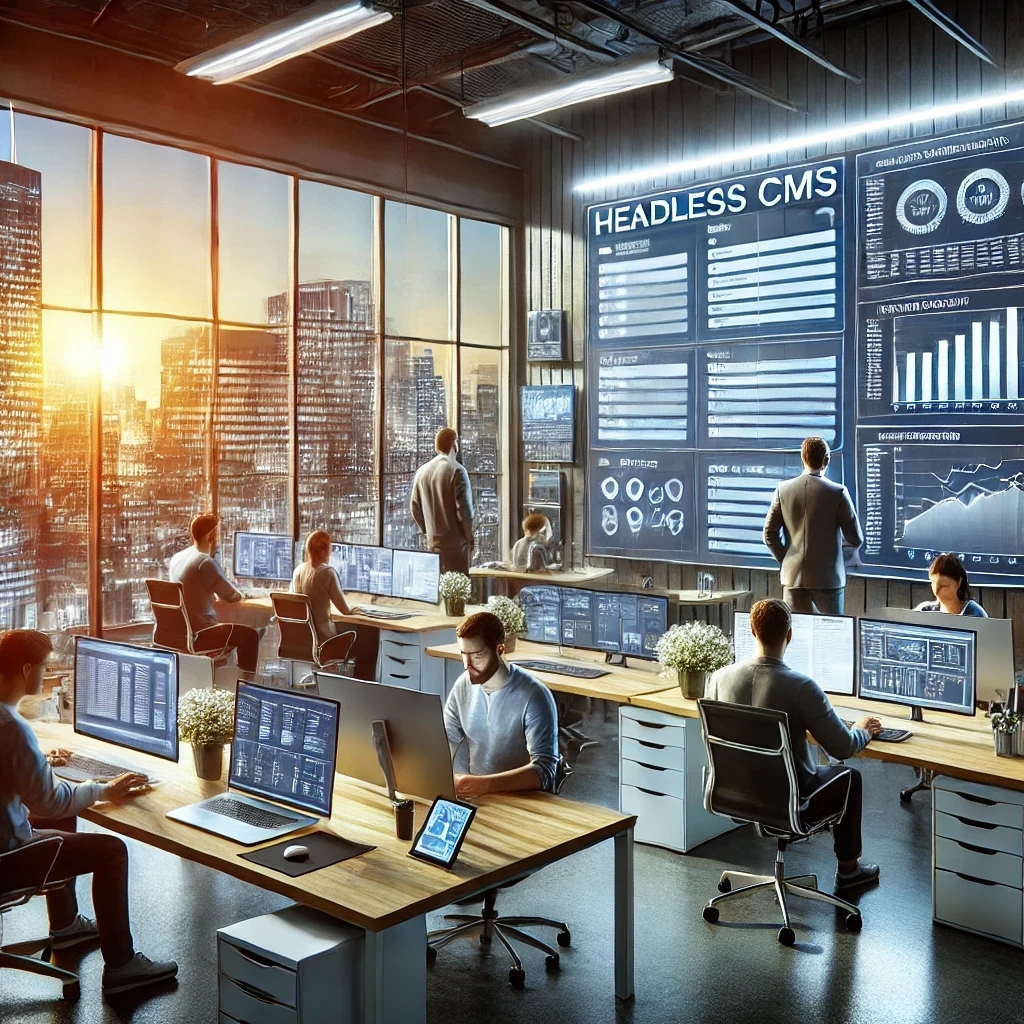
How to Scale Your Website with a Headless CMS for High Traffic
Scale your website effortlessly with a headless CMS like Orbitype—achieve faster load times, seamless scalability, and reliable performance during high-traffic surges

CMS for React - Orbitype Headless CMS
Orbitype is the ideal CMS for React developers, combining seamless API integration, flexible content management, and scalability to create fast, dynamic, and customizable web applications effortlessly.
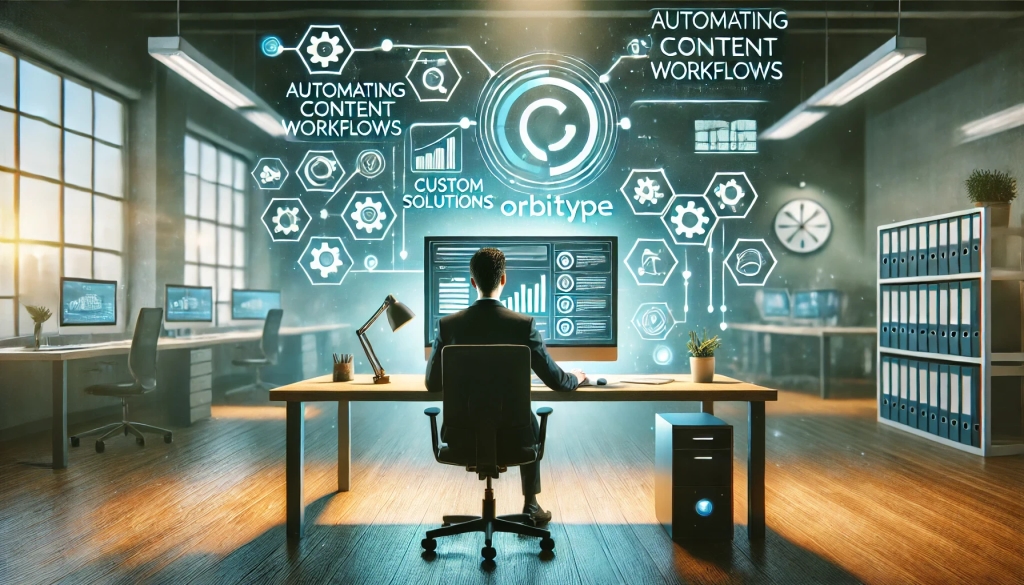
Automating Content Workflows with Orbitype’s Custom Solutions
Discover how Orbitype's custom CRM and ERP solutions revolutionize content workflows. Automate processes, reduce manual tasks, and improve productivity for software development agencies with tailored tools for seamless collaboration and efficiency.